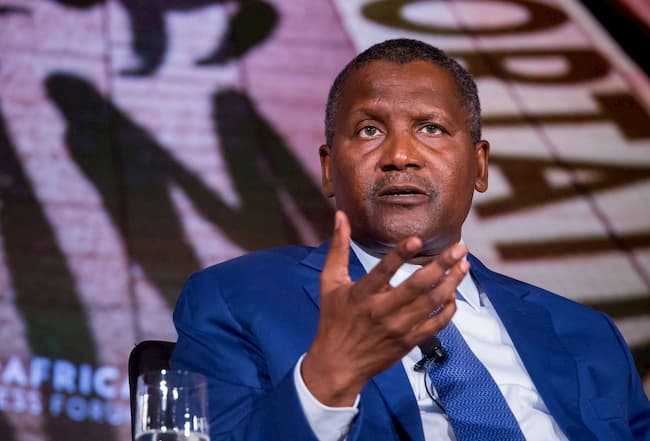OOPEC+ members and non-members has agreed to reduce crude oil production levels in order to maintain the stability of the world oil market, but they left Nigeria, Congo, and Angola free to continue producing as much as possible to meet their OPEC quota of 2023.
However, Saudi Arabia, a significant oil producer and OPEC member, voluntarily reduced its production by an additional 1 million barrels per day as part of an agreement reached by OPEC+ after hours of difficult negotiations, according to Bloomberg.
Abdulaziz bin Salman, the Saudi Arabian minister of energy, surprised everyone by announcing the cut in a statement. The most significant aspect of the pact, which also calls for extending voluntary reduction through 2024, is the Saudi move.
At the 35th Joint Ministerial Monitoring Committee Meeting of OPEC, held on Sunday in Vienna, Austria, Nigeria and other OPEC and non-OPEC members gathered.
Additionally, Nigeria, Congo, and Angola have agreed that their respective production quotas for 2024 will be based on the highest production levels for the previous six months, from November 2022 to April 2023.
It was reported that the head of the Nigerian delegation at the conference stated that OPEC has also decided to permit these nations to keep producing as much as possible to reach their OPEC quota by 2023.
In February 2023, Nigeria reached its greatest crude oil production level of 1.38 million barrels per day. However, according to the most recent development, Nigeria can increase its output to reach its OPEC quota of 1.74 million barrels per day and then be capped at 10% less than its quota for 2024.
According to the statement, the Nigerian delegation was convinced that the current security operation, which is being led by President Bola Tinubu, will allow the country’s output to be restored to 1.58 million barrels per day, with the addition of condensate at a rate of roughly 400,000 barrels per day.
The statement continued, “This will eventually allow Nigeria to produce about two million barrels per day of crude oil and gas in 2024.”
Before the conference, crude oil prices were already rising, but on Friday afternoon they rose further, pushing Brent crude to $76.32 at 4:20 pm, an increase of $2.06 a barrel for the day.













